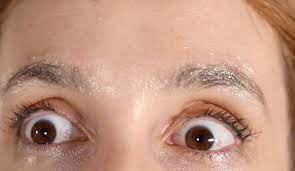Crab legs are a delicacy enjoyed by numerous seafood suckers, famed for their succulent taste and tender texture. Still, beneath […]
Are Silicone Baking Mats Safe? Lets Find out
When baking in the kitchen, silicone mats are helpful and may be used to make a wide range of delectable […]
Does Milk Get Rid of your High? Lets Explore
Whey and casein, which bind to metals and aid in their removal from the body, are also present. However, consuming […]
Reveal the Mystery About Abigail Breslin Teeth
Hollywood is a place of chances for those aspiring to stardom. Unfortunately, to meet the requirements, you must have an […]
Everything you need to know about Doctor Dress Code Female
In the dynamic and ever- evolving field of healthcare, the part of medical professionals, including female doctors, is vital. Beyond […]
All you need to know about Skin Whitening Creams
It can be a concern to many why their skin suffers from uneven pigmentation and dark patches. Confidence can suffer, […]
Paula Zahn Plastic Surgery and Health Issues
Get all the information on Paula Zahn’s cosmetic surgery operations, including her facelift and Botox injections. Let’s talk about Paula […]
Pimple Like Bump On Clitoral Hood : Causes and Treatment
What is a Clitoral hood? The clitoral hood is a skin fold near the point where the labia minora or […]
Does Urine kill an Ear Infection? Lets find out
Imagine having excruciating ear pain when you wake up one morning. It’s inconvenient, and an ear infection may be the […]
Side Effects of Applying Vicks on Eyebrows
A standard home item, Vicks VapoRub is typically used as a topical decongestant and cough suppressant. Many people have made […]








